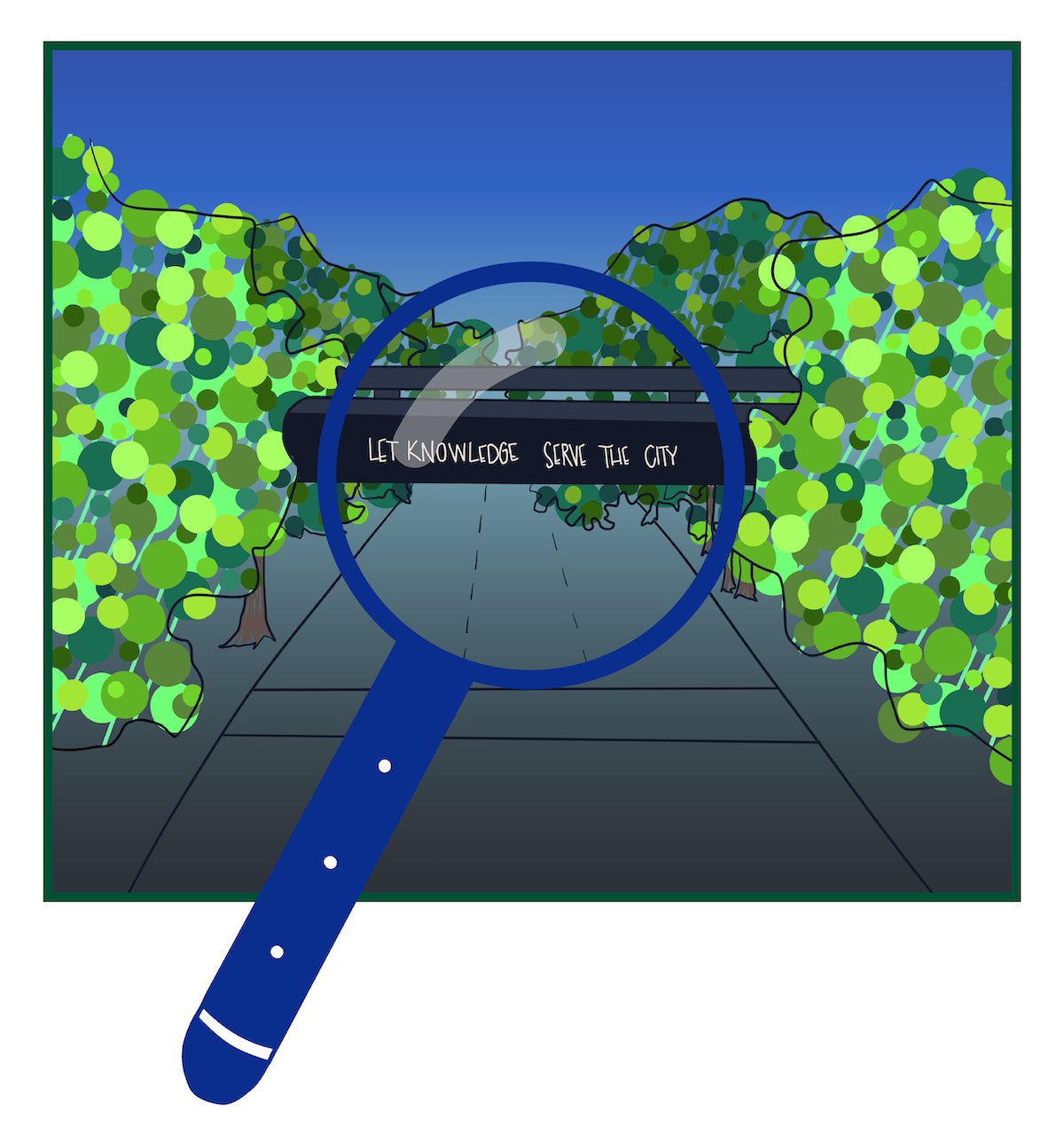Be like Mike? Some wish Jordan would be more of an activist
ST. PAUL, Minn.- Michael Jordan has been the symbol of everything from athletic shoes to sports drinks to fast food to underwear to cars and cologne. Some say he is the best athlete of all time. He is a businessman. He has tried his hand in acting.
The phrase “Be like Mike” crossed boundaries of gender, age, religion and race. He reportedly makes $40 million a year in endorsements, of which he has given plenty to charities. He has given plenty of money to charities.
But there is one thing he has never been: a publicly visible activist in the African-American community.
Monday, on the national holiday celebrating the birth of civil rights leader Martin Luther King Jr., Jordan and the Washington Wizards make their only visit this season to the Target Center to play the Minnesota Timberwolves.
The timing prompts the question of what people in the African-American community think Jordan should do and be. Is there an obligation to use the platform he has created through his athletic greatness to promote social and community causes?
“Many are involved in charitable endeavors, but you rarely see their faces in the communities,” Nathaniel Khaliq, president of the St. Paul chapter of the National Association for the Advancement of Colored People said. “Giving money and going back to the community are two different things.”
A Wizards spokesman said Jordan was interested in addressing the issues and might answer questions via e-mail. The e-mails never arrived.
Milwaukee Bucks guard Ray Allen defended Jordan’s right to choose where and how he gets involved.
“I remember when they had the march in Columbia about the flag,” Allen said of the controversy regarding the Confederate symbols that are part of the South Carolina state flag. “People were saying, `Why didn’t Michael Jordan go down there?’ And I think it’s unfair to put certain guys in that activist role, because at the same time, we’re athletes. I think there are guys and athletes in the limelight that don’t like what’s going on in America or in the world, and they take a stance on it, whether they give money or whether they talk about. But Michael Jordan has always been someone who entertains people.”
Several years ago, Jordan’s $1 million donation resulted in the Jordan Institute for Families, part of the School of Social Work at the University of North Carolina at Chapel Hill. Jordan graduated from North Carolina in 1986.
Jordan also has contributed to the United Negro College Fund, the Ronald McDonald House and Special Olympics. This season, his first since his most-recent retirement, he donated his $1 million salary to help victims of the Sept. 11 terrorist attacks.
Nonetheless, he sometimes has avoided greater involvement, and critics have suggested it was to keep corporate sponsors happy. Nike has been criticized for how some of its workers are treated in Southeast Asian factories where its shoes are made. In a 1999 Washington Post story, Jordan’s response was, “It’s Nike’s responsibility … I only endorse the shoe products.”
Jordan took heat for not helping a North Carolina Senate candidate endorsed by many in the African-American community. According to Sam Smith’s book “Second Coming,” Jordan said he didn’t know the issues, and besides, he told a friend, “Republicans buy shoes, too.”
Boxing great Muhammad Ali stood by his religious convictions during the Vietnam War at the price of his heavyweight championship.
“I do not think that every black athlete or entertainer has an obligation to thrust himself or herself into positions of leadership,” the late tennis great Arthur Ashe wrote in his autobiography. “However, our situation is increasingly desperate, and I admire those athletes, and entertainers, who consciously try to give something back to people, if only by exemplary behavior. I am less happy with the demureness of someone like Michael Jordan, who is as popular as he is rich.”
In recent years, some leaders in the African-American community have shifted their message to economic empowerment as a quicker way to political and social equality.
Jordan is an entertainer and through his celebrity, he has the ability to influence the millions of people who idolize him.
“I think athletes certainly have the role model status thrust on them,” Dr. Charles Farrell of the Rev. Jesse Jackson’s Rainbow/PUSH Coalition said. “Back in King’s day, there used to be segregated communities where you lived next door to doctors and lawyers. Now, you don’t find that as often. When you flick on television, you see people like Michael Jordan, and kids make that connection and say they want to be like him.”
What type of activist would Jordan be if he chose to be more involved?
“His impact would be tremendous,” Farrell said. “But it’s only if he chooses. He took some flak for not being involved in his home state’s senate race. But that was his choice not to get involved. He did donate his salary to the relief fund (of the Sept. 11 attacks).
“I just hope he realizes the immense impact he could have if he decides to take on that type of role. It would be wonderful because he is one of the most visible people in the world. Kids want to be the next Michael Jordan on the basketball court. But there are more things than just basketball.”


